

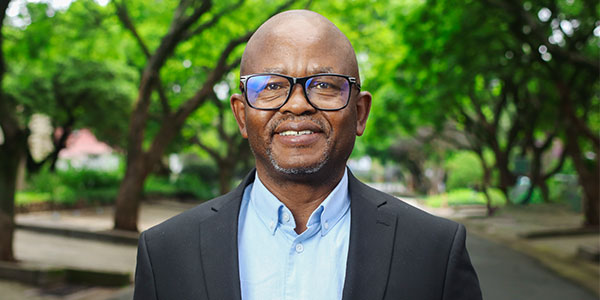
WSG's Acting Head of School honoured at inaugural Whistleblower Awards
Adjunct Professor Themba Maseko, interim head of the Wits School of Governance, was lauded for his courage and bravery for speaking up against corruption.
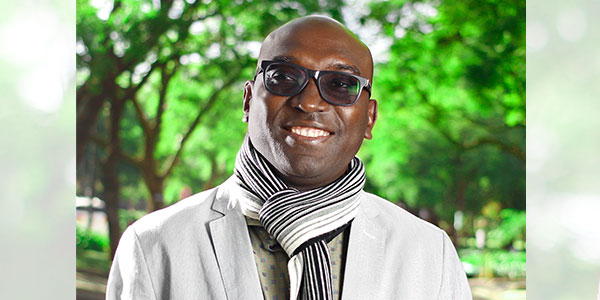
Meet our new Academic Director
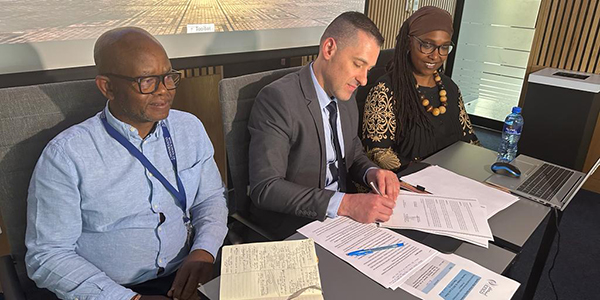
ICESCO Chair for Innovation and Futures in Africa launched at Wits
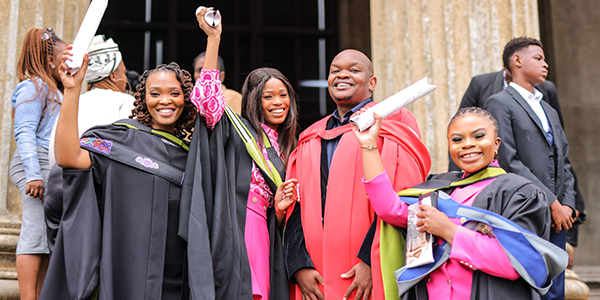
Apply now to Africa's leading School of Governance - Join our information sessions

Johannesburg’s catastrophic CBD fire is a tale of one city’s non-accountability crisis
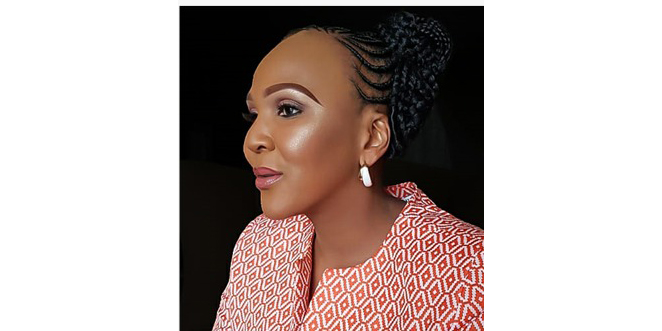
Women marching towards justice: The struggle continues

Is #DIYAfrica the future?

Using Africa’s precious civic innovation capacity to be Bee-Watcher-Watchering

State failure: Why SA should move towards an entrepreneurial state

Watch: The Big Con book launch
Book Launch: The Big Con How the Consulting Industry Weakens our Businesses, Infantilizes our Governments and Warps our Economies
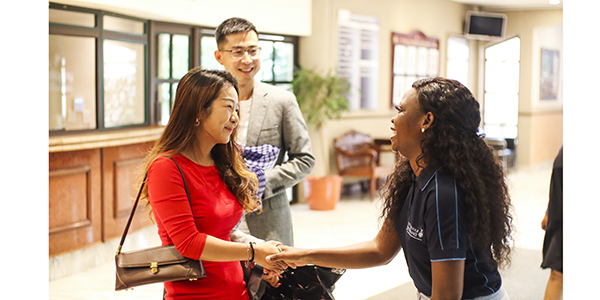
Apply now to join Africa's leading School of Governance
We are getting ready to welcome our students for the July intake. There is still time for you to apply for our academic programmes.
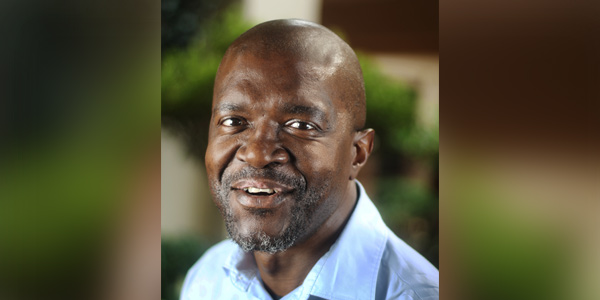
Geopolitics, technology wars and global supply chains: Implications for Africa
Ongoing US–China geopolitical rivalry could harm Africa.

Green energy: South Africa’s transition plan must be careful not to deepen inequality
Since the UN Climate Change Agreement was signed by 196 nations in December 2015, many countries have announced policies to reduce their fossil fuel emissions.
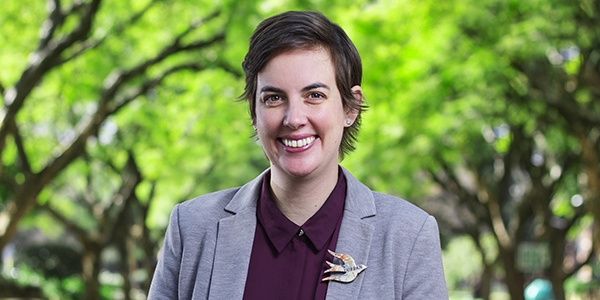
Redress for victimised whistle-blowing public servants is a critical in SA
Through the State Capture Report we know that individuals received backlash in the form of malicious disciplinary hearings, side-lining and threats.
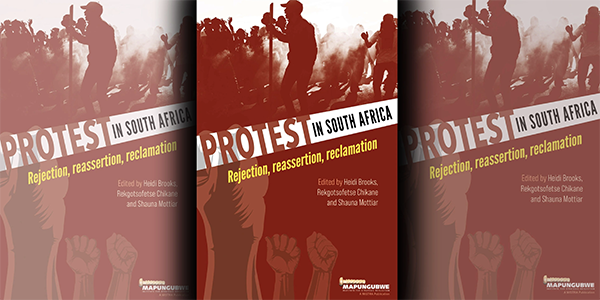
Getting to the roots of contemporary protests in South Africa
Mistra and the Wits School of Governance recently launched the book, Protest in South Africa: Rejection, reassertion, reclamation.
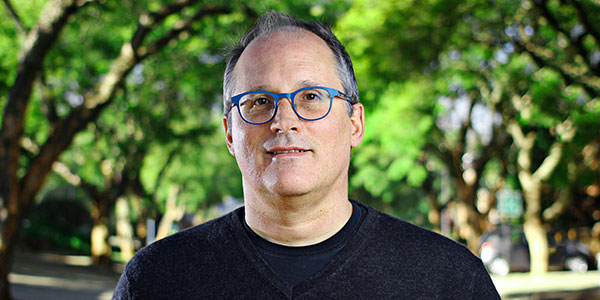
State of governance in South Africa
Adjunct Professor Alex Van den Heever says SA's leadership crisis is largely due to the weaknesses in the way the State structures are organised.
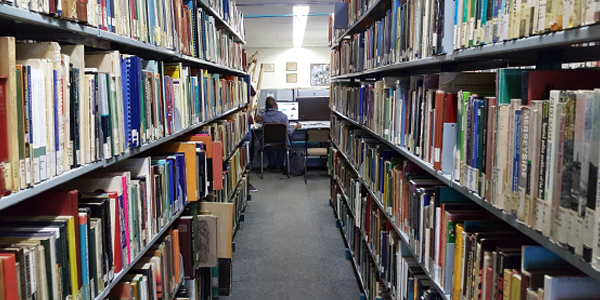
Opportunities for postdoctoral researchers at WSG
The Tayarisha Initiative on Digital Governance is seeking postdoctoral researchers to participate in its evolving programmes.
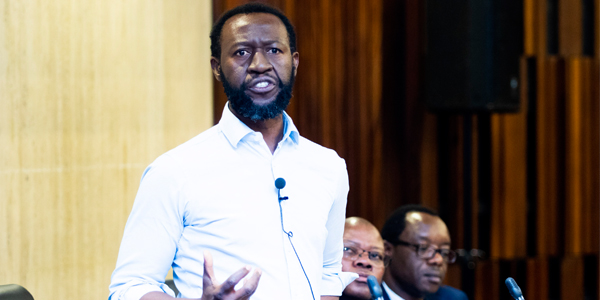
Why SA’s CSR models need to change
SA’s corporates must rethink their flawed CSR models or risk rising anti-business feeling, community protests and legal action against them.

Death of globalisation is overhyped and distracts from its real problem – inequality
The inequitable distribution of the benefits of globalisation and the emergence of new technologies that reproduce global disparities should worry us.

SARB mandate: Growth vs. Inflation
The South African Reserve Bank's mandate is interrogated in this interview.

Informal settlements could drive solar revolution
Solar would provide their dwellings with power, but also a source of revenue if power is sold back to the grid.
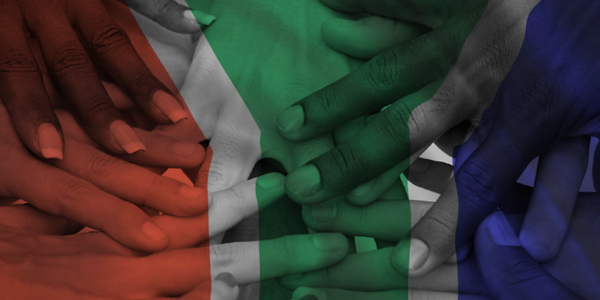
Do ministers matter for audit performance?
Reports of corruption and mismanagement have scarred the South African Government’s reputation at home and abroad.
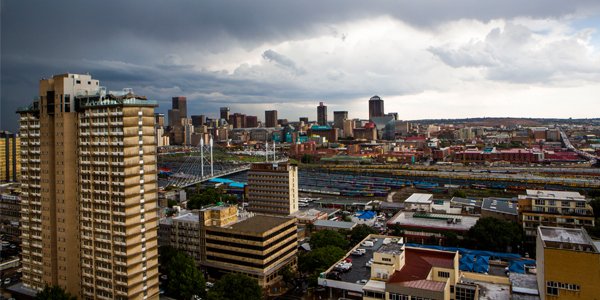
Discover the power of civic technology
Learn how to use technology to make a positive impact on your community

Expert panel advocates ‘gradual phasing-in’ of basic income grant
The Expert Panel, chaired by Adjunct Professor Alex van den Heever, on Basic Income Support report ‘answers some crucial questions on basic income support.

WSG academic earns NRF rating
Dr Christine Hobden has earned an Y1 NRF rating.

Citizens, not sitizens, please: more than ever, South Africans must take charge
We need active citizenship to show social solidarity to break out from the hopelessness, paralysis and apathy.

Keeping it simple: monetary policy, growth and jobs in South Africa
Public lecture: Central banks are important, long-standing expressions of a universal need for stability in social and economic affairs.
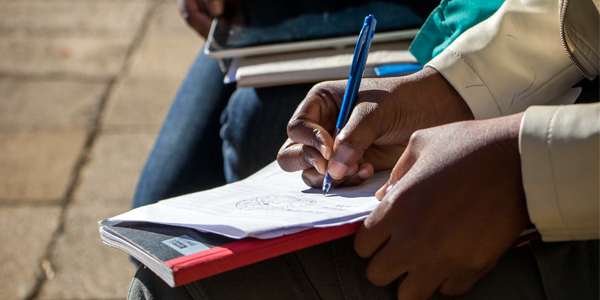
Applications deadline extended
We have extended the deadline for some of our academic programmes to Tuesday, 15 November 2022.

Mass trauma is leaving everyone broken
We need to teach self-love, self-esteem, and agency assertation at all levels of South African society to rebuilt the state and foster democracy.
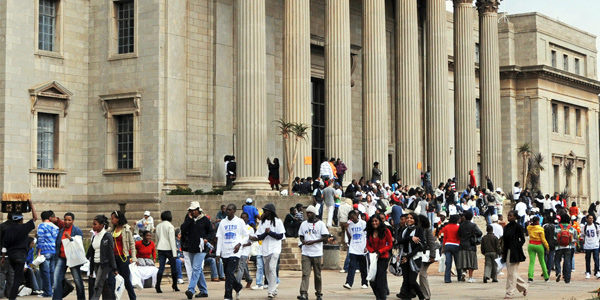
Do no harm - 5 steps a researcher should take
Researchers have a number of responsibilities when embarking on their work - not least of all to ensure participants are not harmed and are fully heard.
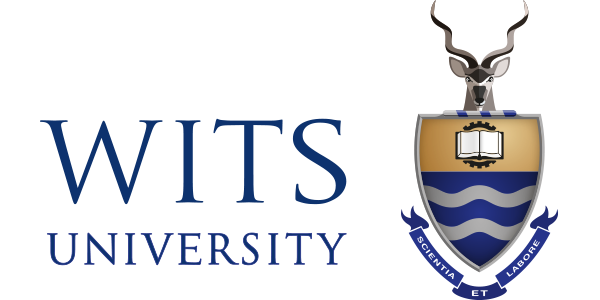
WITS ORACLE MODERNISATION PROJECT: iWIts upgrade
Importance notice for all staff and students
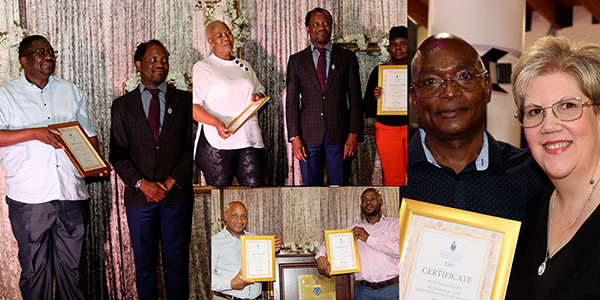
WSG Professor receives award for best supervision
No stranger to awards, Professor Pundy Pillay adds another one to his mantle

Can SA afford the Basic Income Grant?
Adjunct Professor Alex van den Heever contributed to an ongoing debate on the Basic Income Grant.

How do you stop a hospital heist? Appoint a plunder-proof board
Theft-proof hospital boards must be set up to hire and fire the heads of hospitals, and to hold them accountable.

Step-aside issue set to dominate policy conference and influence ANC leadership
Associate Professor William Gumede talks about the ANC’s policy conference, which prepares for the organisation’s national conference in December.
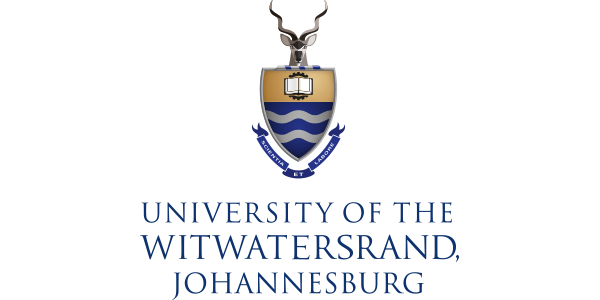
Statement: Role of universities as public interlocutors of dialogue
Universities have an important role to play in upholding democracy, in speaking truth to power, and in facilitating debate.
.jpg)
Ramaphosa will build trust if he opens up about the theft at his game farm
In South Africa, leadership failures and the denigration of ethics have undermined our concept as a nation.

A BIG alone may not solve SA’s inequality problem, but it does improve individual agency
A basic income grant is not only a matter of welfarism, but also a developmental project.

The problem of funding SA students can be solved
SA’s private financial sector should fund all students, no matter their means, with loans underwritten by the state.

Measuring economic activity
Studying how people in Africa spend their time on nonleisure activities is a better guide to policy development, argues Odile Mackett

Measuring economic activity in Africa
‘Time over money’ approach includes women and unemployed youth

Ruling elites are depriving African countries of innovation and dynamic leadership
And these leaders are fuelling hopelessness.

South Africa's healthcare warzone
South Africa's healthcare system was in the ICU long before a deadly virus came our way.

Is it time to stop buying that PowerBall ticket?
Read about the ethical dilemma as far as the Lotto goes...
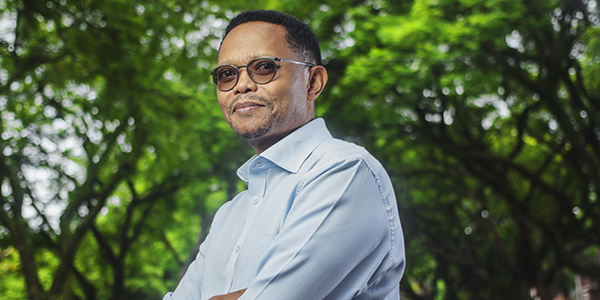
Meet our new Academic Director: Professor Kwandiwe Kondlo
Did you know that an Academic Director at a University school is more like the chief operations officer of a company?

Parts of South Africa have now collapsed: WSG expert
South Africa is likely to see increased anti-foreigner and other populist sentiments in the coming years as it teeters on the edge of becoming a failed state.

The state of disaster is over. Now what?
Adjunct Professor Alex van den Heever joins Michael Avery and guests to discuss the slew of proposed new measures to deal with Covid-19.
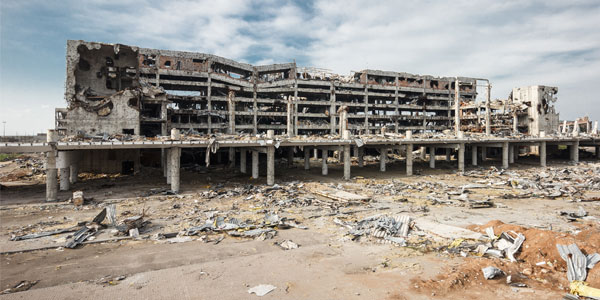
OP-ED: South Africa can damn Putin and stay non-aligned in the West
Russia’s invasion of Ukraine is a rude reminder of how deeply interconnected the global economy is...
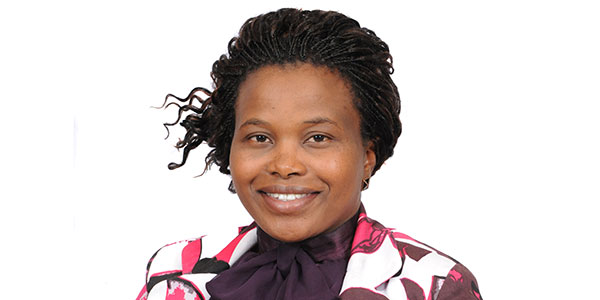
Wits welcomes Carnegie Diversifying Academy grant recipients
Wits University hosted a ceremony recently to welcome 26 grant recipients of the Carnegie Diversifying the Academy (CDTA) programme.
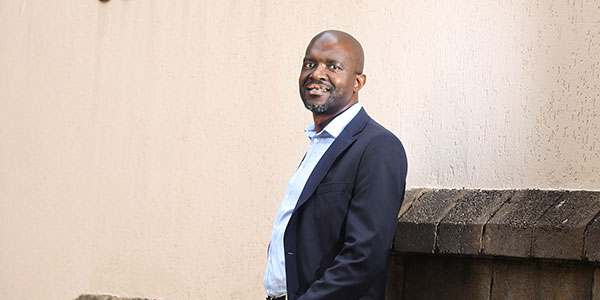
Skills crunch in the state? Use outside experts
Getting outsiders to lend support to the government’s mission is a sign of self-awareness and purposefulness on the part of a country’s leadership.

Is opposition to basic income support for vulnerable adults informed by evidence or ideology?
For over two decades, pretty much the same thinking has dominated economic policy in South Africa...
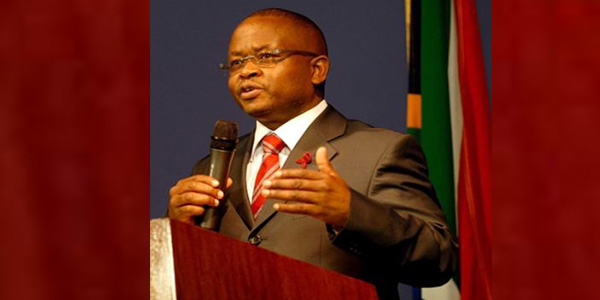
Themba Maseko joins WSG
The Wits School of Governance is delighted to announce that Mr Themba Maseko has joined the School as the Director of Executive Education (short courses).
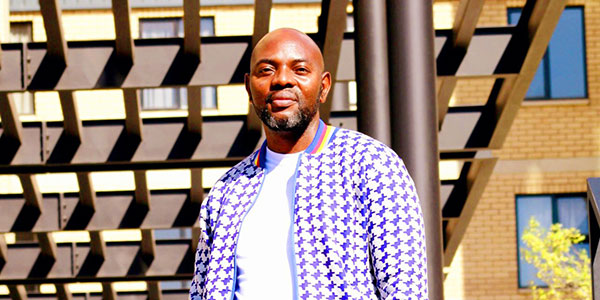
Municipal Finance - why it's an important course for our students
Are you interested in studying our Municipal Finance course? One of students who completed the course recently shares his journey.
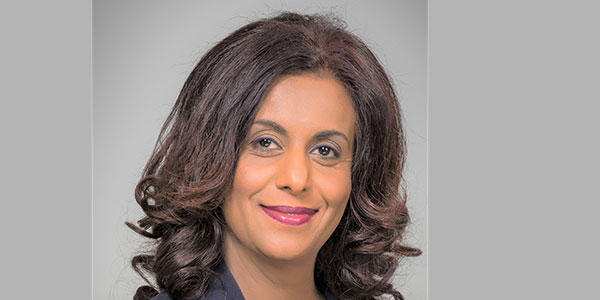
Are you going to become a board member soon?
Board member Kirtida Bhana completed the Leadership in Board Governance course and tells you why it will help you with skills needed to serve on one.
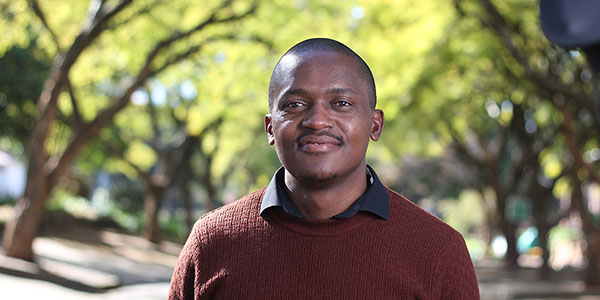
Business Development during Covid-19 times
Starting a new position during Covid-19 comes with its own set of challenges. The WSG's new Business Development Manager, Raesetsa Hopane, talks to us.

Former President Thabo Mbeki's speech at the AAD Conference
"People of African descent share socio-economic deprivation because of racist discrimination which affects them wherever they are"

The financing and rejuvenating of SA cities
South Africa’s urban infrastructure requires sustained attention but what are the costs associated with doing so?
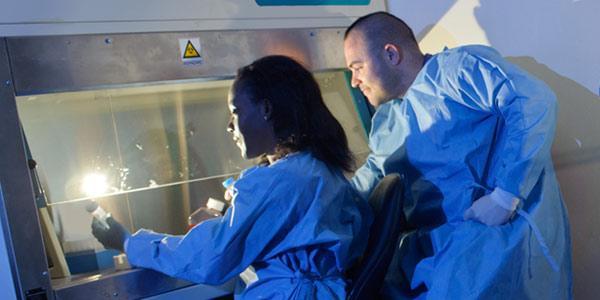
Supporting resilient social contracts in times of crisis: Emerging lessons from Covid-19
Covid-19 has brought crisis to the doorstep of every country in the world.

Energy futures in South Africa
Africa is rich in energy resources but poor in its ability to exploit and use them.

Reconstruction in the Aftermath of Global Health and Economic Crises:
Historical Lessons for South Africa

THE PASSING OF HELEN MZILENI
The Wits School of Governance has lost a colleague and friend.

Policy Briefing
Monetary and fiscal policy challenges posed by South Africa’s deepening economic crisis and the Covid-19 pandemic

COVID-19 and the labour market: Estimating the effects of South Africa’s national lockdown
South Africa has been one of the countries affected most adversely by the COVID-19 pandemic in Africa.

Social security/protection in South Africa
This paper examines the rationale for an overhaul of the system of social security in SA taking account of long-term social and economic factors.

COVID-19 and beyond: Rethinking industrial and competition policy
Since the end of formal apartheid in 1994, progress in changing entrenched patterns of economic participation, improving low levels of productive investment...

Fiscal dimensions of South Africa’s crisis
This paper hopes to shed light on how South Africa arrived at the fiscal crisis that it currently faces.

Digital Infrastructure: The role of public-private partnerships in mitigating the digital divide

Repositioning State-Owned Enterprises and Development Finance Institutions
The purpose of this working paper is to examine three cross-cutting themes.

Policy brief: Energy Transition for Post Covid-19 South Africa
A lack of adequate and reliable electricity has crippled South Africa’s economy for at least the past decade.
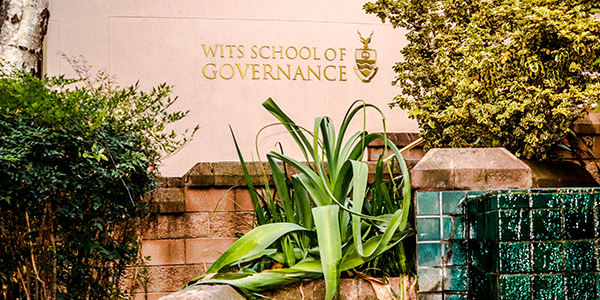
Deadline looming: Government Elections course
A reminder to apply now for our exciting new course on government elections offered by our Executive Development Unit.

Labour Force Survey Data for South Africa: A brief assessment
This paper provides a brief assessment of the labour force survey data, focused particularly on the current survey instrument, the QLFS.
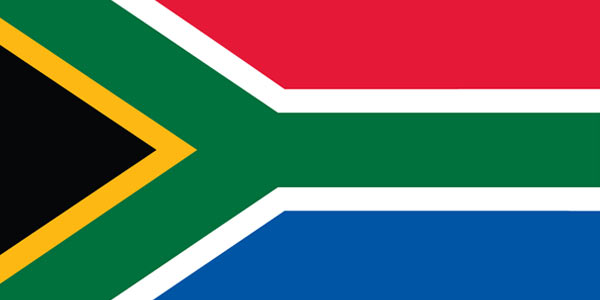
A deeply divided nation, SA needs to find its better angels
With what voice do we speak when the unspeakable happens? What language do we use?
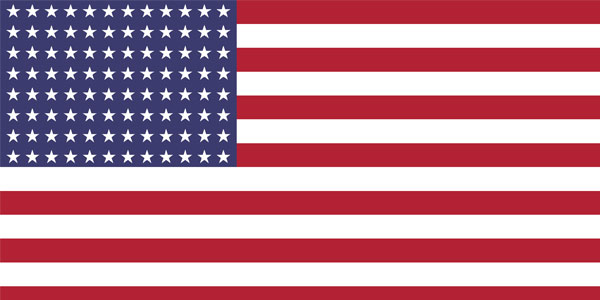
Research Paper: What to expect from a Biden administration in the MENA region
A Joe Biden/Kamala Harris administration offers potential for perhaps subtle but potentially catalytic changes for the MENA region.

Robot nationalism has arrived, and SA will have to plug in too
Apart from devising its own artificial intelligence strategy, the government must promote international collaboration.

How sub-Saharan Africa can rethink its approach to agriculture
In response to the economic devastation caused by the coronavirus pandemic, most sub-Saharan governments are developing economic recovery plans.
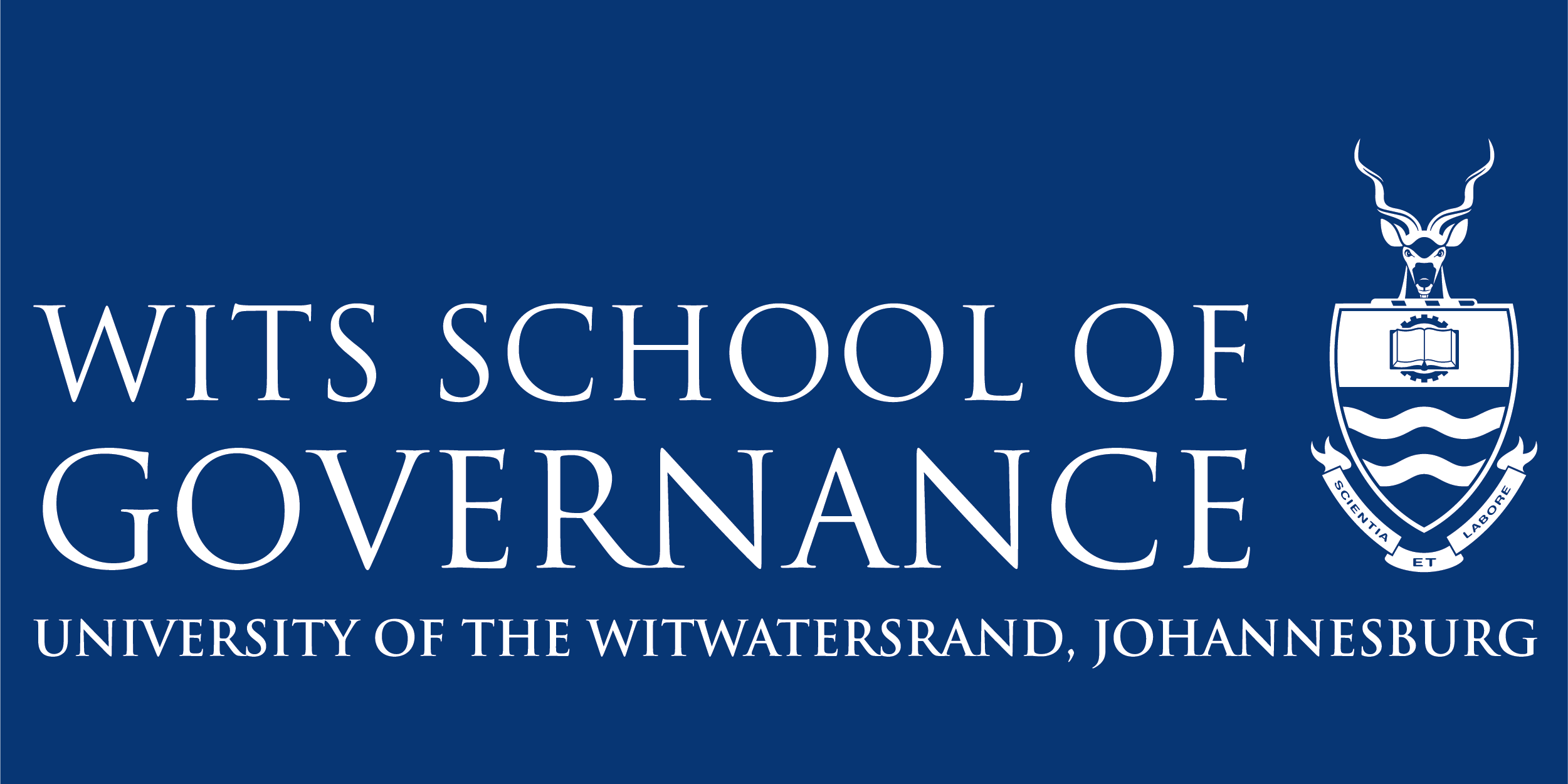
New book alert: Mothers of the Nation – Manyano Women in South Africa
Wits School of Governance lecturer, Lihle Ngcobozi wrote a book, Mothers of the Nation – Manyano Women in South Africa. We chat to her about her book.

A PhD journey at WSG... what is it like?
Professor Pundy Pillay, WSG Research Director talks about the School's successful PhD programme and the challenging journey of completing this research degree.

How workplace democracy can undo many of apartheid’s ills
SA’s corporate and country model is still that of the apartheid era, but there are six ways to fix that.

Judgment Date with Judge Dennis Davis and Professor Mzukisi Qobo
South Africa's economy and just how bleak are our prospects?

Pandemic underscores burden women carry doing paid and unpaid reproductive labour
Debates about women’s unpaid reproductive labour have been going on since the first woman received cash for her services.

Nothing about democratic progress is inevitable
Last week in very different contexts, the United States and South Africa witnessed the funeral as a spectacle; a national rite of passage.

WSG leads multidisciplinary research team to address SA’s economic challenges
SA Future Economy Project

Economist Mariana Mazzucato is a new coach for our fractious team
She has won disciples in high places — including in SA — with her focus on innovation as key to achieving inclusive growth.

South Africa must resolve its challenges with integrity
It’s been a week of sorrow, where we weep for what the world has lost.

Justice in Africa: what it means to Africans?
My interview with Dr Ruth Murambadoro about her book, Transitional Justice in Africa: The Case of Zimbabwe was a sensory experience.

SA needs to block transmission routes to get Covid-19 under control
Testing and tracing has not been at a level needed to suppress the spread and must now focus on containing opportunities for super-spreading and transmissions.
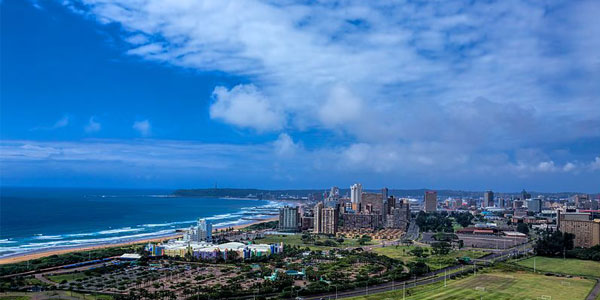
Why one of three African candidates fits the bill as the new head of the WTO
Africa accounts for nearly 27% of the World Trade Organisation's membership and 35% of members from developing countries, but an African has never run it.

Improper planning, poor execution: Why we are facing a Covid-19 storm
Government could have been in control of the Covid-19 pandemic, but chose not to be and has instead squandered resources, leaving options limited.

Distance, Dose, Dispersion
An experts’ guide on Covid-19 risks in South Africa and how to manage them

Monetary Policy and the Coronavirus
The South African Reserve Bank, the coronavirus shock, and ‘the age of magic money’ - a lecture presented by Governor Lesetja Kganyago.

Governments must help citizens to wrench data back from companies owning it
Covid-19 has demonstrated how data can provide new sources of evidence for public policy-making.

Taking unpopular decisions can be necessary for building an enduring legacy for the future
South Africa is at a crossroads.
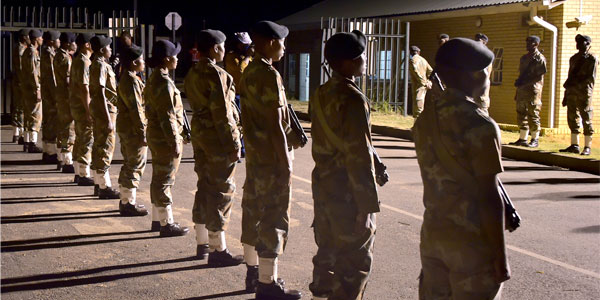
"We need to transform the culture within SAPS and the SANDF"
The Wits School of Governance hosted a webinar which looked at the impact of militarisation in SA since the lockdown started in March 2020.
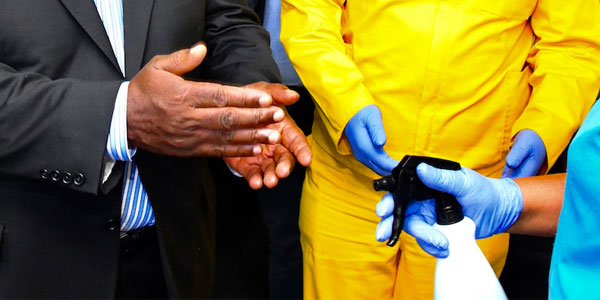
Covid-19: The greatest challenge remains ahead of us
Everyone is tired; tired of COVID-19, tired of ‘pandemic speak’ and lockdown.

The great cigarette flip-flop saga: sifting through the facts
Is it unreasonable to infer that the lobby groups who opposed the National Coronavirus Command Council decision were in cahoots with illicit tobacco?
.jpg)
Why our political leadership has fallen short in a time of crisis
President Cyril Ramaphosa’s moment of truth arrived when he donned a military uniform minus rank, closely followed by his fumble to put on a face mask.

We have not 'flattened the curve' and our current trajectory is very concerning
South Africa's Covid-19 pandemic trajectory is far from clear.

WSG's new Head of School
There is new leadership at the Wits School of Governance.

Covid-19 is giving African governments cover to crack down on media
Many African governments are stifling freedom of expression under the guise of tackling Covid-19.
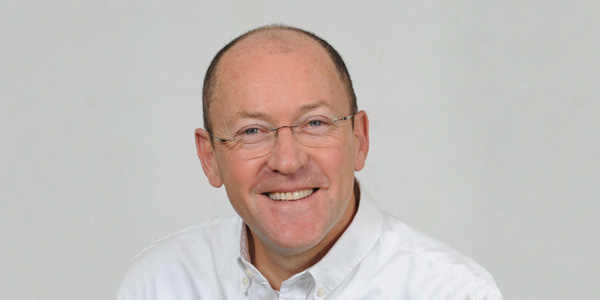
Message from the Head of School
Dear WSG student Wits is proud to re-open on Monday, 20 April 2020, with every course going online.

Meet our new staff at WSG
We are excited to announce the arrival of our new academic staff members.

Why students love our Leadership in Municipal Governance programme
Recent Leadership in Municipal Governance graduates share their experience at the Wits School of Governance (WSG).

Message from the Head of School
There are some interesting changes at the Wits School of Governance, all geared towards improving students' experiences at Wits.

The demand side of financial inclusion in SA
Are we paying attention to the demand side of financial inclusion in SA?

Integrity is key in economics – Professor Ben Fine
It can be quite challenging to condense 50 years of scholarship and teaching as an academic economist.

Governance and the Postcolony – Views from Africa (Book launch)
The Wits School of Governance launched their book, Governance and the Postcolony – Views from Africa.

We need a social pact to secure the farming industry
Mutually beneficial social pacts between farmers and employees will strengthen rural safety, security and peace, writes William Gumede.

Message from the Head of School
As we approach the cold mid-point of 2019, the Wits School of Governance is a warm and active place to be.

Young academic talent developed at WSG
Three young African students started a newly initiated pre-doctoral programme in 2018 at the Wits School of Governance.

Twelve steps to successful land reform
Developing and protecting agriculture-related industries will be crucial to creating jobs and achieving a just new order.

WSG expands security studies to focus on peace
Associate Professor in Security Erin McCandless teaches a course on Approaches to Peace and Security at WSG.

Towards an understanding of ‘black tax’ and the black missing middle
We need to politicise 'black tax' by understanding its historical origins in a racialised apartheid SA that socially engineered black poverty.

WSG helps government communicators hone skills
Marketing and communications are increasingly playing a key role in the public sector, says Themba Maseko, former GCIS CEO.

WSG student visits War Studies department for PhD
A Wits School of Governance PhD student, Donny Thebus had an opportunity to spend time at the Kings College War Studies department in the United Kingdom.

How the EFF has shifted SA politics to the left
The Zuma wing of the ANC and the EFF have pushed black electoral politics towards left-wing populism.
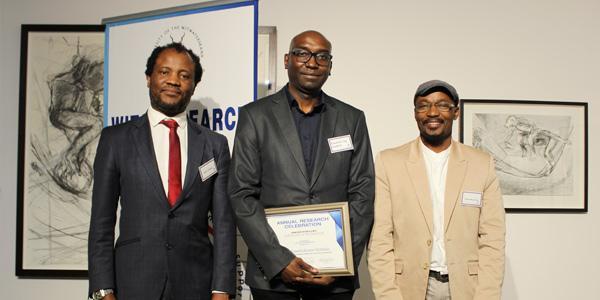
The Supervisor Excellence Award goes to…
Dr Kambidima Wotela recently won the Commerce, Law Management 2018/19 Supervisor of the Year award.

Message from the Head of School
The Wits School of Governance is proud to offer students some of the most exciting, flexible and innovative degree programmes available.
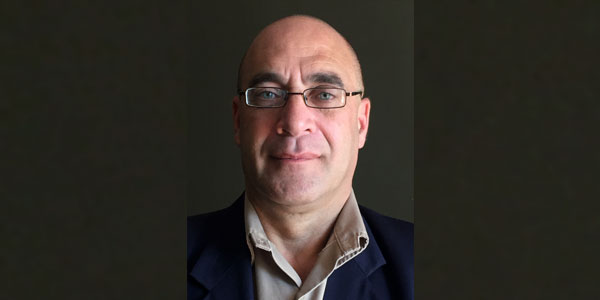
Meet WSG’s Chair in Public Governance: Professor Robert Van Niekerk
The WSG’s Chair in Public Governance, Professor Robert Van Niekerk, is intent on bringing the social policy dimension to the study of public governance.

WSG students awarded prestigious bursaries
PhD student, Ross Jennings was awarded the PV Thobias Educational Bursary while Andile Mbhele is a recipient of the Borlaug Fellowship Program award.

Politics and ethics walk into a bar...
There is no decent punchline available (not one that could be repeated in polite society). Trying to find ethics in contemporary politics is reduced to a joke.
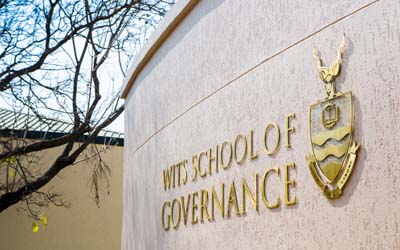
Masters of Management in the field of Governance now offered at WSG
The Wits School of Governance launched the most flexible and choice-based Master’s programme in South Africa – Master of Management in the field of Governance.
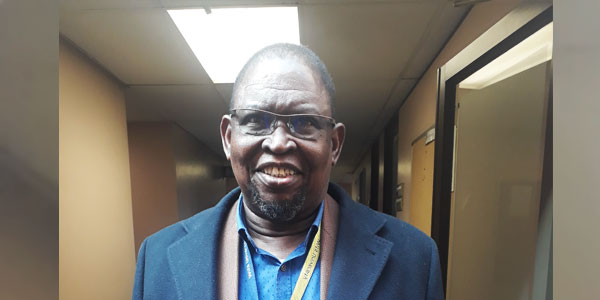
Staff profile: Enoch Godongwana – Visiting Fellow
African National Congress veteran Enoch Godongwana has joined the WSG as a visiting fellow until 2021.
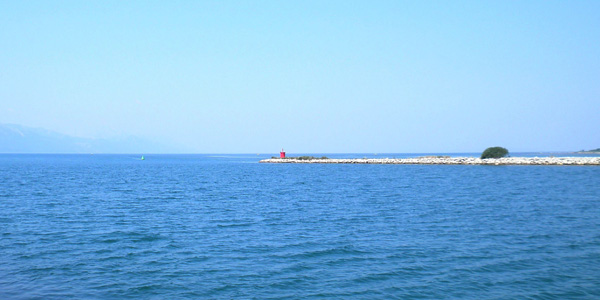
South Africa and the Indian Ocean: assessing strategic interests and roles
Is South Africa geared to lead and extract maximum benefit for the country, the continent, and the Indian Ocean region?

Moral courage and decency irrelevant as SA’s finance minister resigns
If politicians see only personal advantage from other's 'weakness’ – defined here as honesty, seeking forgiveness, repentance – then the future is bleak.
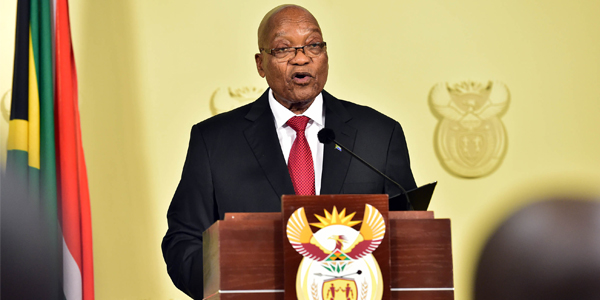
Dismantling the state (capture) that Zuma built
It will be a lengthy and costly process to find out just how deep the state capture rot is and what the detritus is that former President Zuma has left behind.
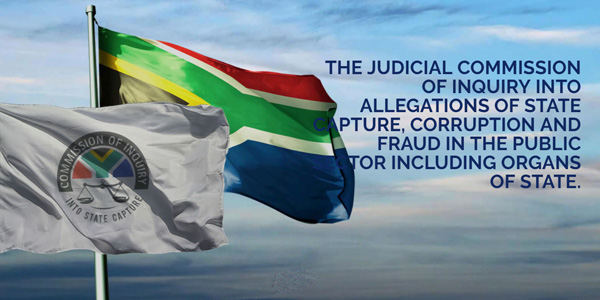
Who governs?
A week of telling snapshots of combat between capture and recovery. The Zondo Commission hearings go to the heart of the answer to this question.

Government of national unity the way out for Zimbabwe
South Africa needs to intervene to persuade Zanu-PF and the MDC Alliance leadership to secure peace through a coalition government.

Message from the Head of School
Halfway through 2018, and the Wits School of Governance is bursting at the seams.
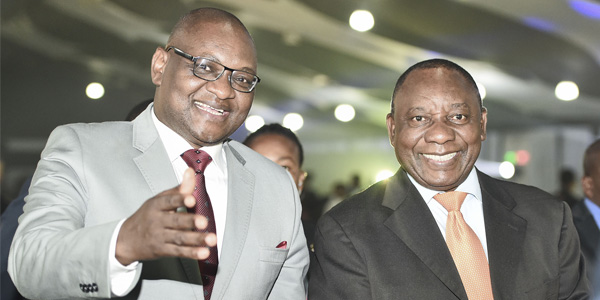
The ANC of 2019
Zebra stripes, leopard spots and the troubled king of the political jungle.

Ibsa could function as a democratic organisation within BRICS itself
Ibsa was established in 2003. BRICS was established in 2009 by China, Russia, India and Brazil, with South Africa joining in 2010.

#Wehateyouth gets them talking
The realities of today’s youth were at the centre of the second Wits School of Governance and Friedrich Ebert Stiftung SA roundtable in the 2018 series.

Making gardening cool again
A group of gardeners in the Western Cape took us through their journey on making gardening “cool” especially for young people in a short film.

Continental issues at the heart of PhD research
Three WSG students recently graduated with their PhDs. Here are the abstracts:

Defence short course helps with SA’s peacekeeping operations
Saravani Govender says the Defence and security management short course she recently completed will assist in peace enforcement and peacekeeping operations.

Africans are not ‘voting fodder’
The prerequisite for successful African decolonisation is to put value on every individual African life.

What policy-makers should prioritise
Academics and youth from around South Africa contributed to a lively discussion on the country's economy and unemployment rates.

Why public governance matters
“Public governance matters and there is an imperative to improve it in South Africa," says Dr Jacqui Poltera, who recently joined the WSG.

Message from the Head of School
The chilly weather has arrived, but with it comes some great news from the Wits School of Governance.

The not-so-merry Zuma go-round
As the pressures on former President Jacob Zuma mount, two sets of important developments materialise.

EDU short courses – how it’s used in the workplace
Dinani Takalani Mabudafhasi believes if you want to better serve municipalities, then it is a good idea to learn about how they operate.
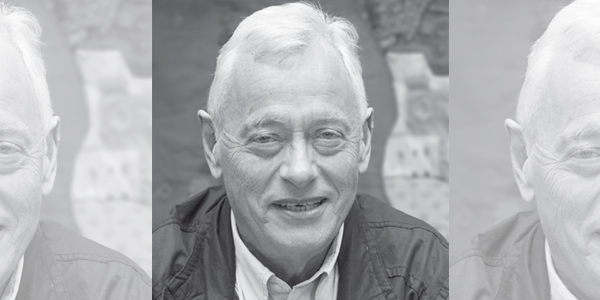
What makes waves in water crises?
Column: Water problems are in large measure problems of people and organisation, not problems of engineering.

Reconceptualizing the Social Contract - In Contexts of Conflict, Fragility and Fraught Transition
This working paper makes a case for rethinking the social contract concept in the contemporary era, in countries affected by conflict and/or fragility.

Message from the Head of School
Welcome to our newly designed newsletter, which aims to keep you up to date with developments at the School.
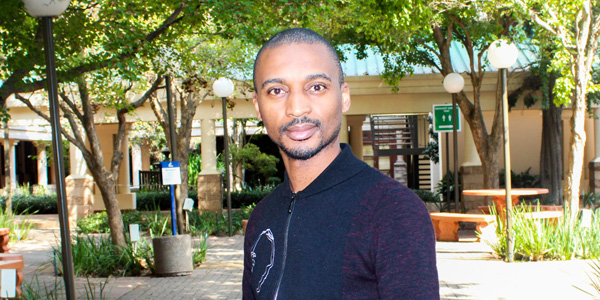
Staff profile: Loyiso Maciko
The fashionable researcher hungry for knowledge
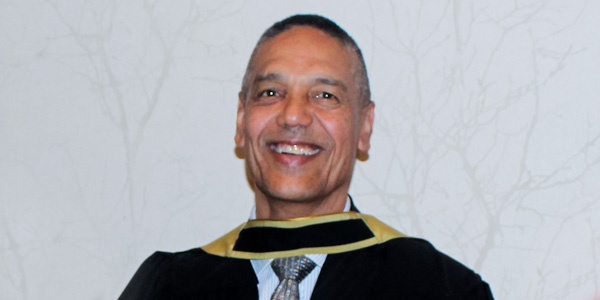
New leadership for EDU
The Wits School of Governance (WSG) recognises the importance of short courses in improving practice within the public sectors in Africa.
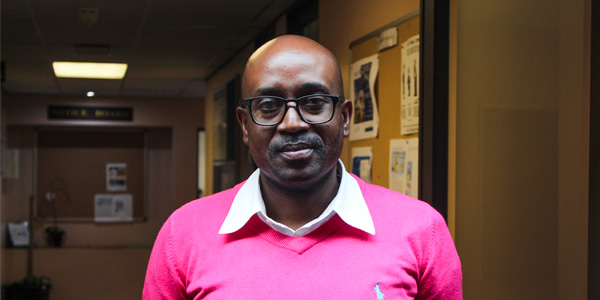
Staff profile: Dr Chelete Monyane
Using law for social justice

Move from disaster response to risk reduction
The Wits School of Governance teamed up with the Gauteng Provincial Disaster Management Centre to explore disaster risk reduction.
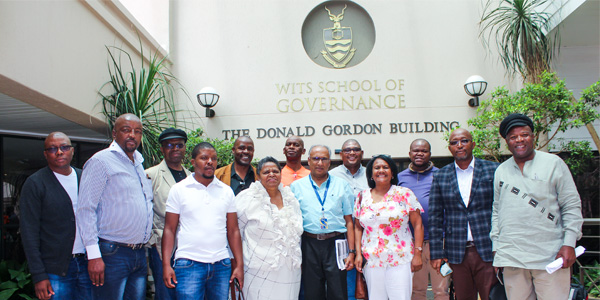
WSG, Nedlac work on understanding Budget Speech
A Nedlac team worked with WSG to understand the Budget speech better.
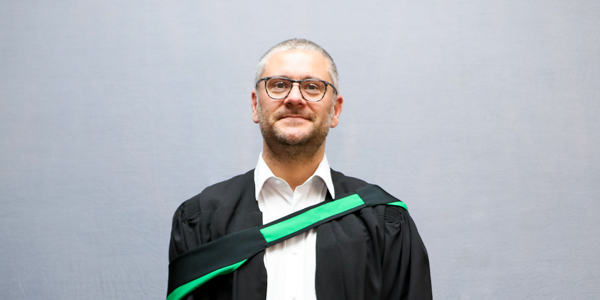
What lies at the heart of our terrible inhumanity?
This speech was delivered at a Commerce, Law and Management Faculty graduation ceremony.
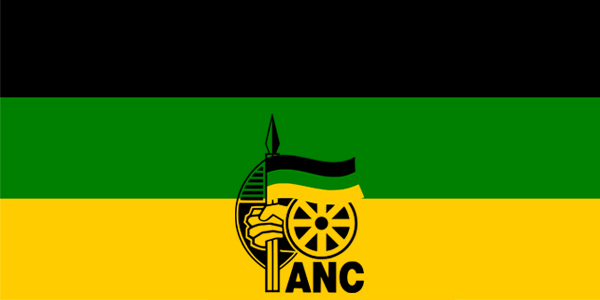
Shifting ground and quicksand towards Election 2019
Will the new political dynamics of early 2018 still hold by the time South Africa gets to Election 2019, somewhere between April and June next year?
.jpg)
Five priorities for new SA administration
Times of political transition bring turmoil and uncertainty.

The ANC risks a split but Ramaphosa should go for broke and fire Zuma
South Africa and the ANC have been plunged into a constitutional crisis in a standoff between the party’s new leader and South Africa's president.

South Africa needs good water management - not new water laws
Because water is shared by everyone, there have to be some rules to govern the way it is used.

Democracy, racism and other long-held beliefs: can people really change?
Changing long-held beliefs, perceptions and values are not easy. Such change can either take place at the individual, community or societal level.

The International Criminal Court and Accountability in Africa
Recently, there have been calls from several African leaders to withdraw from the International Criminal Court.
.jpg)
South Africans are trying to decode Ramaphosa
What matters is that Cyril Ramaphosa is a politician and a negotiator. Nimble and tactically shrewd seem perhaps more useful labels than saint or sinner.

Inaugural Lecture: Professor Patrick Bond
Patrick Bond, Distinguished Professor of Political Economy delivered his Inaugural Lecture.

Asian tigers earn SME stripes while SA policies make only fat cats purr
Black economic empowerment policies have enriched a minority and failed to create growth.

Radical economic transformation: What’s in a name?
How far South Africa has moved in altering the economic landscape is open to debate?

WSG joins experts to address global challenges
The WSG was part of a team that won a grant from the Global Challenges Research Fund.

Report: Civil society perspectives on AU member state commitments to democratic governance
The report explores civil society organisations’ judgements about the extent to which some African countries comply with signed governance commitments.

Experienced practitioner revisits government communications programme
Nomfanelo Kota, a veteran government communicator, has extensive experience in media liaison and communications.

My YALI experience
WSG lecturer, Odile Mackett, attended the Young African Leaders Initiative Regional Leadership programmes and shares her experience.

Don’t let corruption in SA become normalised
It is not true that corruption has no victims. Rather, it causes disastrously inefficient economic, social and political outcomes.
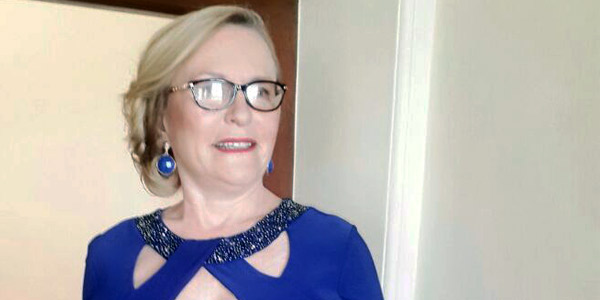
Zille, tweeting and inanity: more reasons for white South Africans to shut up
It’s remarkable how much of a shitstorm Twitter creates when in the hands of politicians – with serious costs for the rest of us.
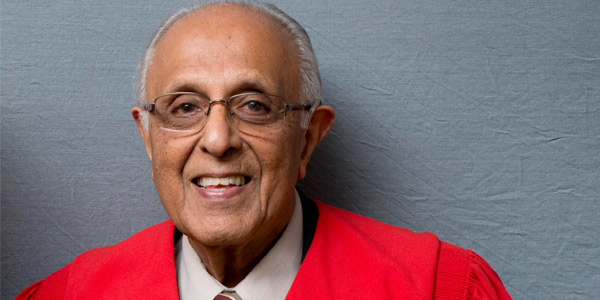
Tribute to Ahmed Kathrada
Ahmed ‘Uncle Kathy’ Kathrada, an unassuming, quiet man who has left South Africans with a legacy that’s immediate, not historical.

Improved workplace democracy set to stabilise SA labour market
Greater workplace democracy may make South Africa’s labour market more peaceful, productive and less racially charged, writes William Gumede.

Resource: UNESCO World Social Science Report 2016
William Gumede, Associate Professor at WSG, initially advised UNESCO to conceptualise the 2016 World Social Science Report.
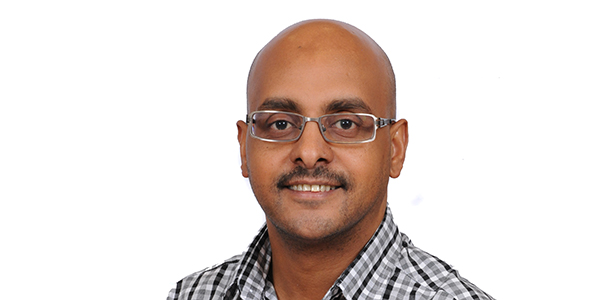
Profile: Ephrem Gebre
Ephrem Gebre joined the WSG in 2016 as a Senior Monitoring and Evaluation Technical Specialist.
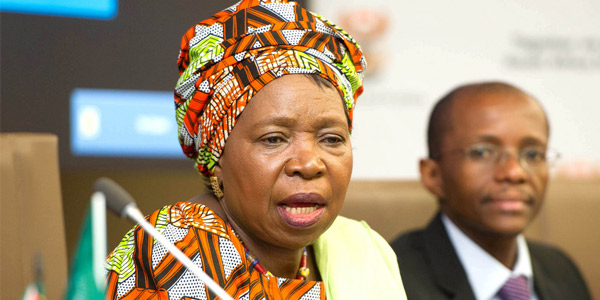
A woman president in South Africa?
Sadly the top contender of the country's top position offers more of the same.

South Africa needs tougher exchange controls before junk status hits
There was nothing radical or transformative in the medium-term budget announced by Finance Minister, Pravin Gordhan last month.
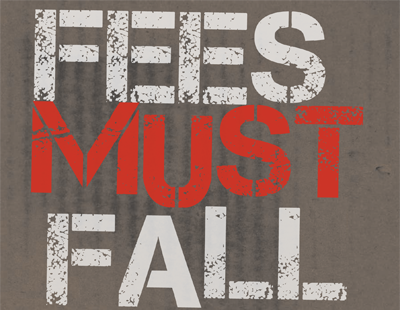
FeesMustFall: Student Revolt, Decolonisation and Governance in South Africa
WSG and Wits Press are giving 100 free copies to current Wits students who cannot afford to purchase the book.

Trump’s isolationism: threats and opportunities for Africa
Donald Trump’s unexpected victory in the US presidential polls stunned many across the globe.
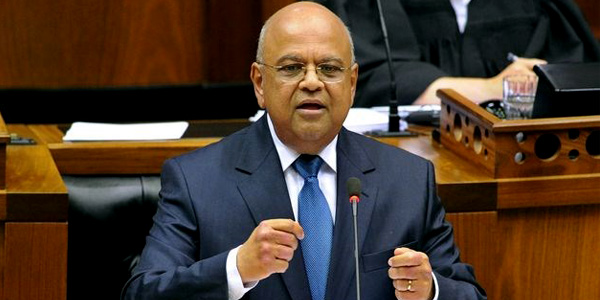
Finance Minister juggles both the books and the politics
South Africa’s Finance Minister Pravin Gordhan delivered his medium-term budget with a lot more than balancing the books on his mind.
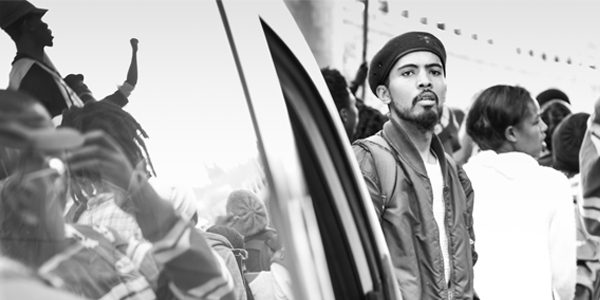
What must fall: fees or the South African state?
The polarising effects of #FeesMustFall are now pervasive in the academy, and probably beyond.

WSG to train Commonwealth parliamentarians
WSG is proud to announce that it has won the tender to provide certificate programmes to members of the Commonwealth Parliamentary Association (CPA).

The Mandela Foundation’s verdict on the Mandela era: it failed …
In a little-heralded move in 2015, the Nelson Mandela Foundation released a “position paper” on race and identity.

South Africa’s ruling ANC is facing its sternest test. From the inside
The old world as South Africa knew it, of ANC majorities and policy certainty, seems to be at an end – and all does not seem fine, within the ANC at least.
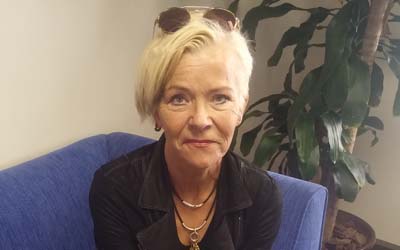
Executive Director of the Nobel Peace Center to join WSG
Dr Liv Tørres, Executive Director of Nobel Peace Center, has been appointed as a Visiting Adjunct Professor at WSG
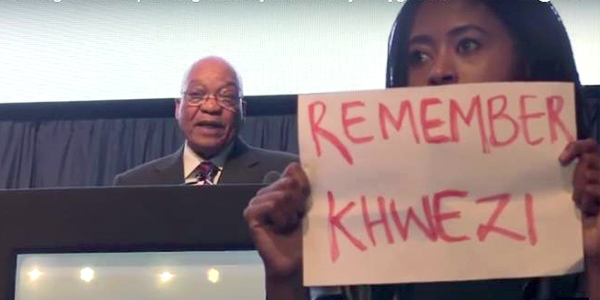
Message to white South African voters: Keep calm … and shut up!
We the South African voters have spoken in the local government election, and we said many different things.
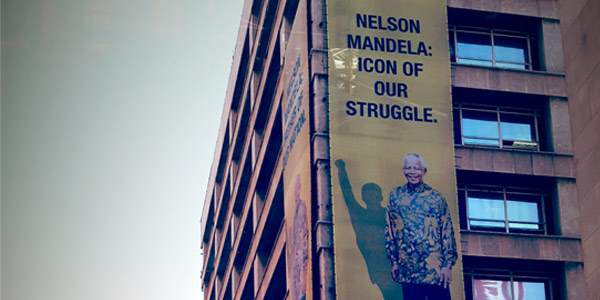
Electoral tremors are shaking South Africa’s ANC. How will it respond?
For the first time in the country’s democratic era since 1994, the governing ANC has ceased being an untouchable liberation movement.
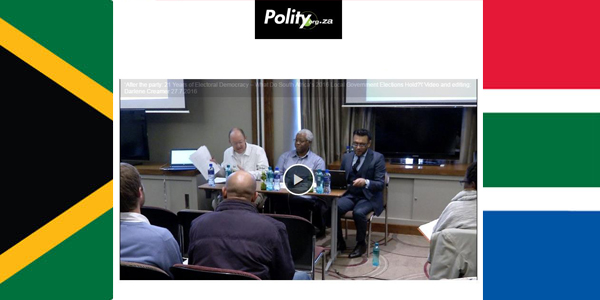
Fantastic time for election
David Everatt says for the first time the question is being asked: Is the ANC going to lose (certain municipalities/metros)?
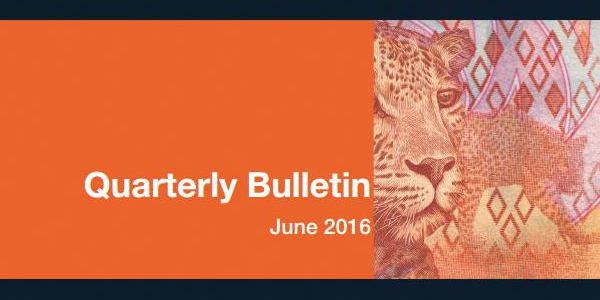
Flight of corporate profits poses biggest threat to South Africa’s economy
Foreign corporations are drawing away profits far faster than they are reinvesting or than local firms bring home offsetting profits from abroad.
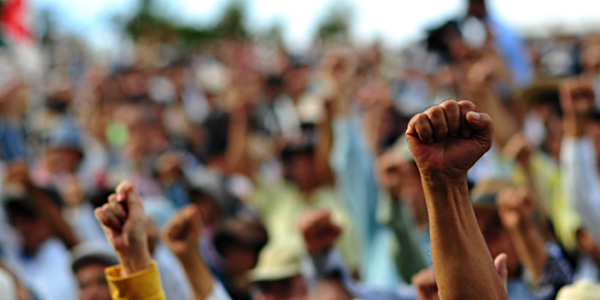
Protests surge as gap widens between reality and the ‘Africa rising’ narrative
Self-congratulatory rhetoric keeps springing from the lips of World Economic Forum elites – at the expense of reality.
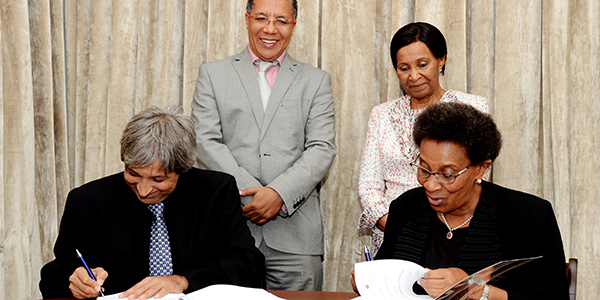
Thabo Mbeki Foundation, Wits join forces
Thabo Mbeki Foundation and Wits University have joined forces to address Africa’s biggest challenges.
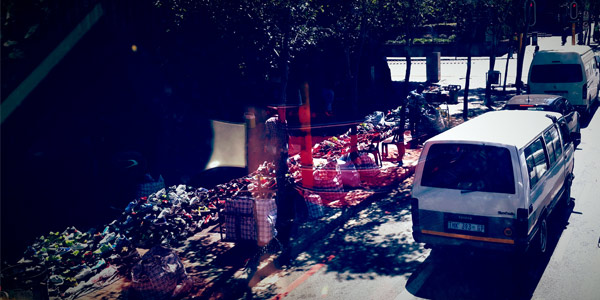
The harsh realities about South Africa that the World Bank dare not speak
A great deal of detail about poverty and inequality in South Africa remains unspoken.
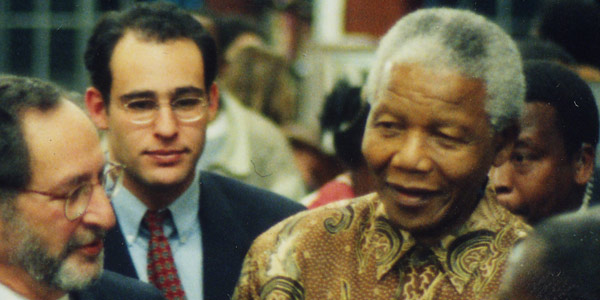
Why South Africa should undo Mandela’s economic deals
Is South Africa finally maturing to the point that the economic - not just political - compromises of the 1990s democratic transition can be reconsidered?

